Young Cooper’s Hawk Eats Afternoon Tea
This young Cooper’s Hawk makes afternoon tea out of a pigeon in the Tupelo Meadow.



This young Cooper’s Hawk makes afternoon tea out of a pigeon in the Tupelo Meadow.



Rob Jett reports on his excellent The City Birder blog, that the Fordham Campus Red-tailed Hawks have made the move from tree nesting to building nesting.
This makes the fourth New York City building nest I’ve heard reports of:
Fifth Avenue
Bronx Fire Escape (2004) (Daily News, NYC DEP)
Central Park South
Fordham Campus
Update: I forgot about the St. John the Divine (200?-?) nest, which would make five. If you know of other building nests in NYC, please leave a comment.
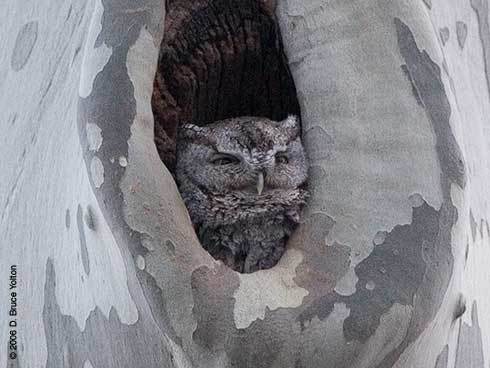
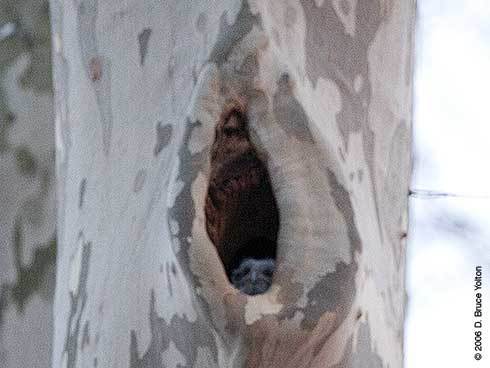
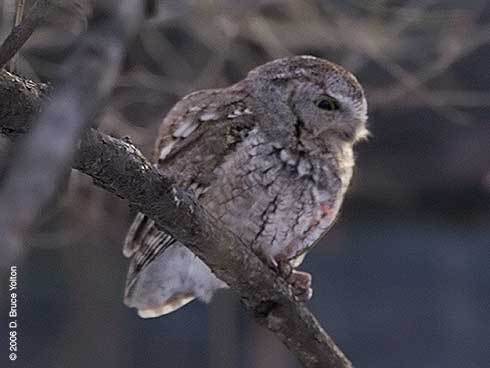
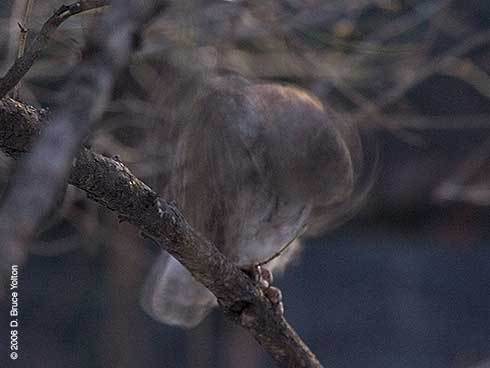
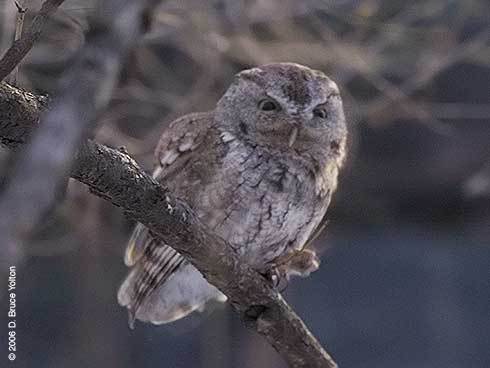
The mystery of the missing male continues.


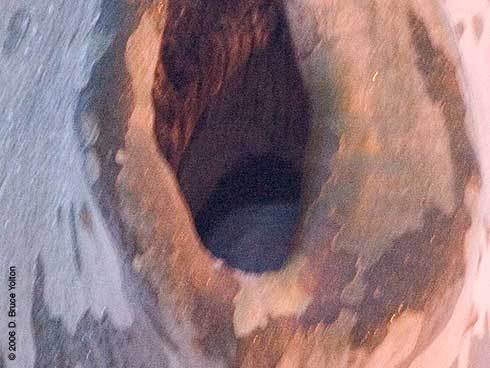
The third night of only the female. Was the male badly injured? Did we get the sexes wrong and are they nesting? A mystery.

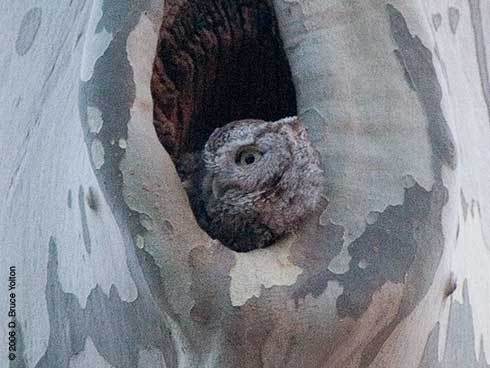




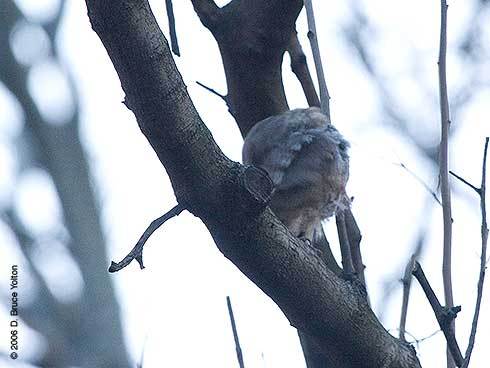
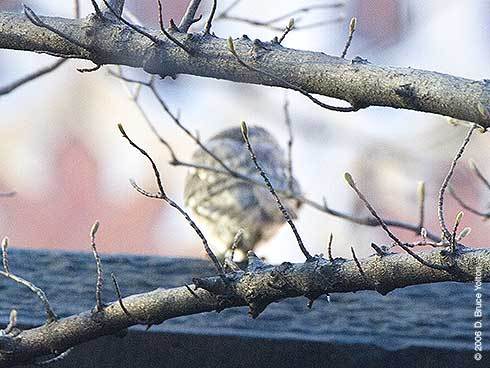
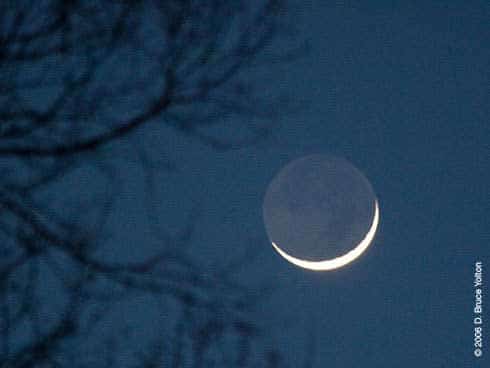
Again only the female is spotted flying out. She hunts about 100 feet north along a stream bed this evening.
